Remember the golden age of made-for-TV movies? Those Tuesday Night Movies and ABC Movies of the Week that tackled everything from natural disasters to family dramas with the kind of earnest melodrama that kept us glued to our sets. Back then, flipping through the TV Guide felt like discovering a treasure trove of original stories, each one promising two hours of escapism that somehow felt more intimate and immediate than anything playing at the local cinema.
While big-name stars occasionally graced these television productions, there was a reliable group of character actors who became the backbone of this uniquely American art form. These were the faces we came to know and trust, the performers who could slip seamlessly from playing a concerned father in a disaster epic one week to a corrupt politician in a crime thriller the next. Here are twelve actors who seemed to have a permanent lease on our living rooms during the heyday of made-for-television entertainment.
1. Robert Wagner
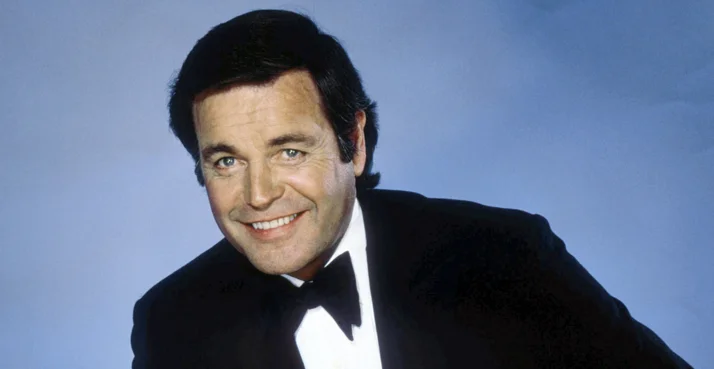
Robert Wagner became the undisputed king of made-for-TV movies during the 1970s and 1980s, appearing in so many productions that his name alone could guarantee decent ratings. His suave demeanor and reliable screen presence made him the perfect leading man for everything from romantic thrillers to family dramas, and producers knew they could count on him to elevate even the most formulaic material. Whether he was playing a charming con man, a devoted husband facing crisis, or a mysterious stranger with hidden motives, Wagner brought a professional polish that made every project feel more sophisticated than its television budget might suggest. Today, Remind has explored some little-known facts about Wagner that are worth learning.
Wagner’s prolific television movie career seemed to hit its stride just as his big-screen opportunities were becoming less frequent, making him one of the first major stars to fully embrace the medium without any apparent reluctance or embarrassment. His appearances in classics like “The Affair” and “Pearl” demonstrated his range, while lighter fare like “Hart to Hart” reunion movies showed his willingness to give audiences exactly what they wanted. By the end of the 1980s, Wagner had become so synonymous with quality television entertainment that his participation in a project was practically a seal of approval for viewers looking for a reliable way to spend their evening.
2. Elizabeth Montgomery
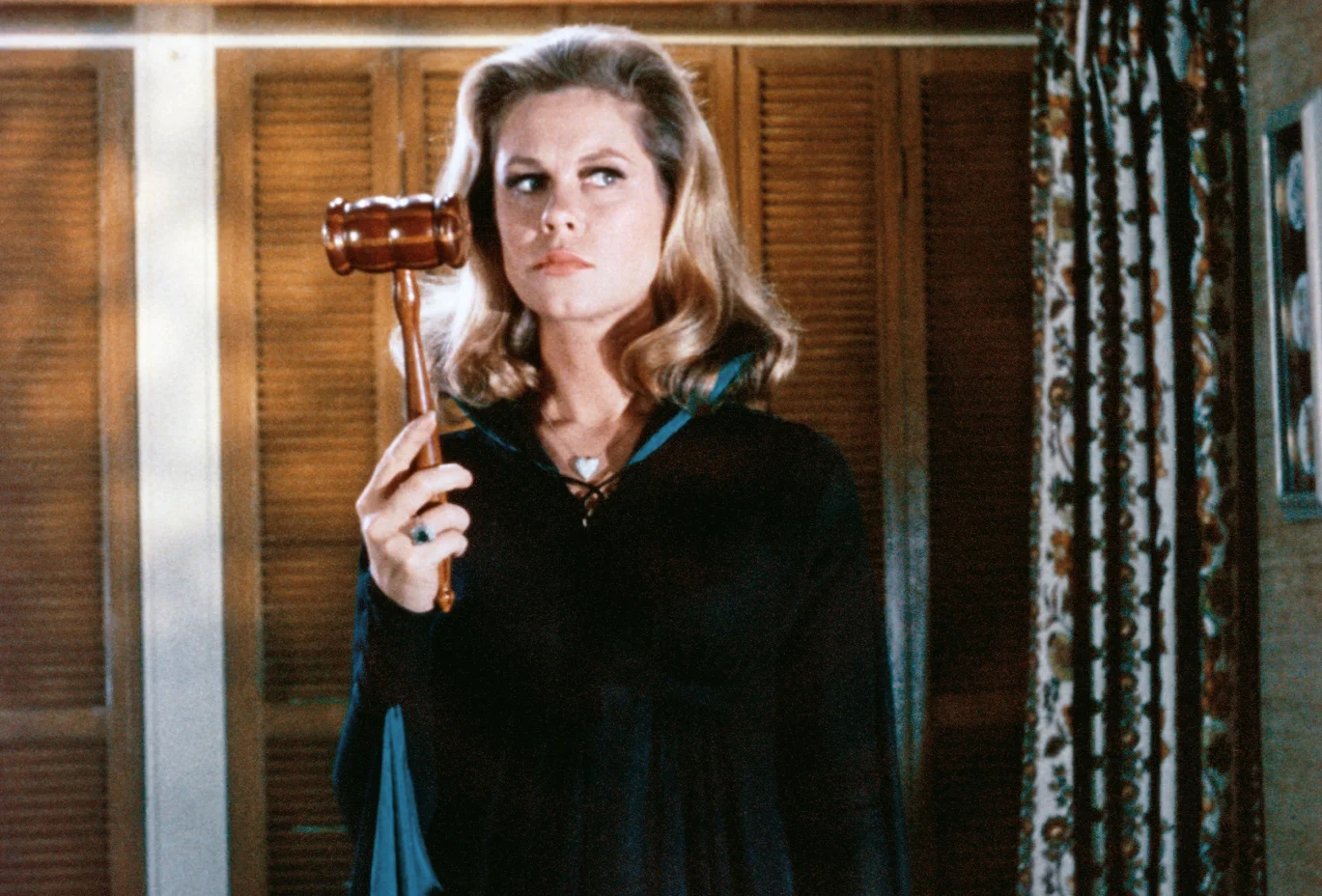
Elizabeth Montgomery ruled the made-for-TV movie landscape with the same grace and intelligence she had brought to “Bewitched,” but her television films revealed dramatic depths that her sitcom work had only hinted at. Her willingness to tackle controversial subjects like domestic violence, mental illness, and social justice made her a favorite of producers looking to create meaningful television that could both entertain and educate audiences. Montgomery’s performances in films like “The Legend of Lizzie Borden” and “A Case of Rape” demonstrated her commitment to using her star power to shine light on important issues while never sacrificing the compelling storytelling that made these movies so watchable. Womans World has more magical facts about Montgomery that are positively enchanting.
What set Montgomery apart from many of her contemporaries was her fearlessness in choosing projects that challenged both herself and her audience, refusing to coast on her established persona or play it safe with lightweight material. Her made-for-TV movies often dealt with women in crisis or transition, and she brought a fierce intelligence and emotional honesty to these roles that elevated them far above typical television fare. By consistently choosing quality scripts and working with respected directors, Montgomery helped establish made-for-TV movies as a legitimate artistic medium rather than just a place for fading stars to find work.
3. Dennis Weaver

Dennis Weaver transformed himself from the limping Chester on “Gunsmoke” into one of television’s most versatile and prolific movie stars, appearing in an astonishing array of made-for-TV productions throughout both decades. His ability to convincingly portray everything from Western heroes to contemporary family men made him invaluable to producers who needed an actor capable of anchoring diverse projects with equal skill. Weaver’s earnest, everyman quality resonated with television audiences who saw him as a trustworthy guide through whatever dramatic territory the movie might explore. Hollywood Walk of Fame has a place of honor for Weaver celebrating his treasured impact on television.
Whether he was facing down natural disasters, solving crimes, or dealing with family crises, Weaver brought a sincerity and commitment to his television movie roles that made even the most outlandish plots feel grounded in human reality. His performances in films like “Duel” (though technically a theatrical release initially) and “The Ordeal of Dr. Mudd” showcased his range while his lighter family-oriented movies demonstrated his appeal across different demographics. Weaver’s consistent presence in made-for-TV movies helped establish the medium’s credibility, proving that serious actors could find meaningful work and creative satisfaction in television long-form storytelling.
4. Stefanie Powers
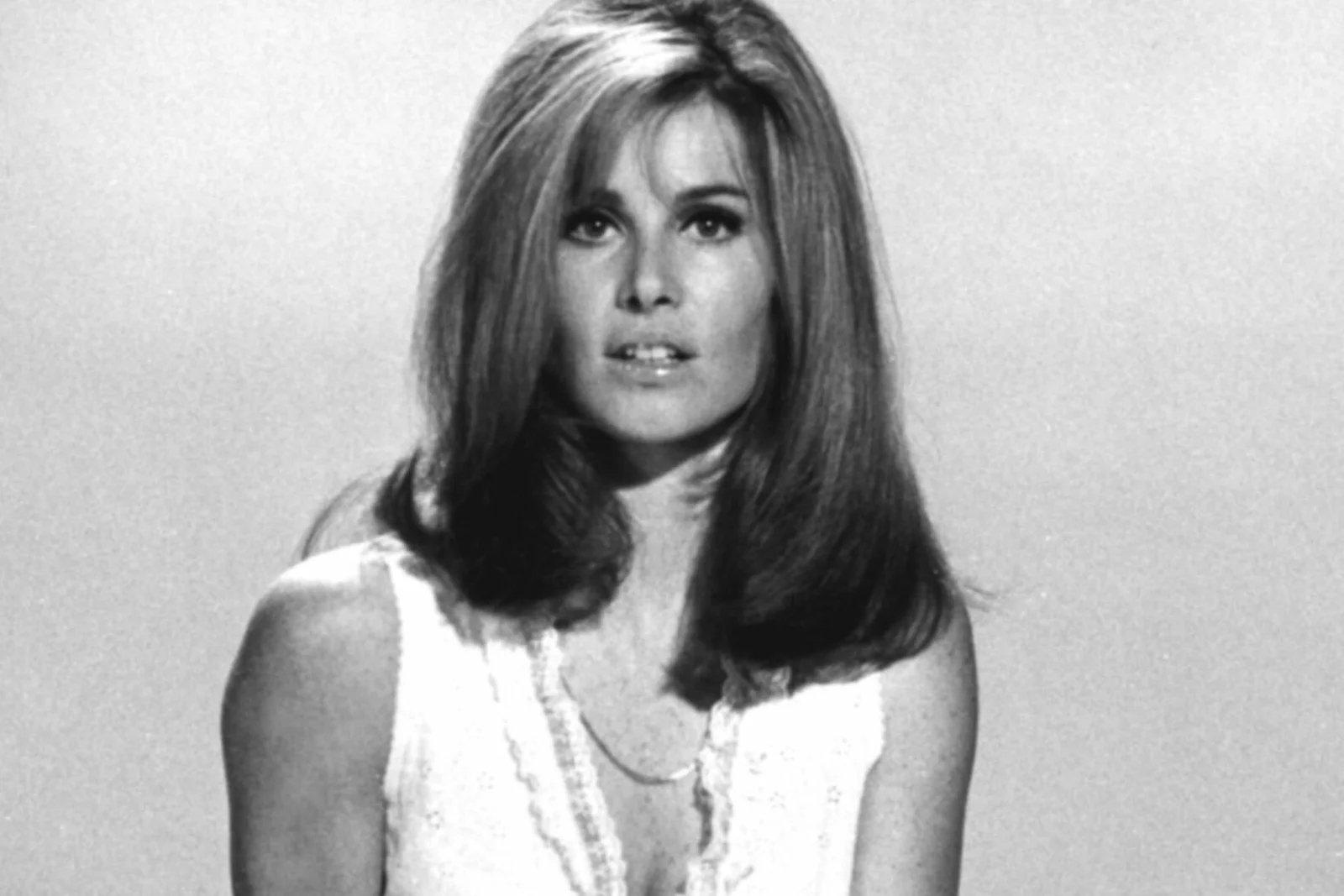
Stefanie Powers became television’s go-to leading lady for sophisticated dramas and romantic thrillers, bringing elegance and intelligence to roles that might have been thankless in less capable hands. Her striking beauty and polished acting style made her the perfect choice for movies that required a strong female protagonist who could hold her own against both male co-stars and complex plot developments. Powers had a particular gift for playing women who appeared vulnerable on the surface but possessed hidden reserves of strength, making her characters both relatable and inspiring to female viewers.
Throughout the 1970s and 1980s, Powers seemed to appear in a new television movie every few months, each one showcasing a different facet of her considerable range as a performer. Her collaborations with Robert Wagner in projects beyond “Hart to Hart” demonstrated their natural chemistry, while her solo vehicles proved she could carry a production entirely on her own shoulders. Powers’ commitment to quality television entertainment helped elevate the entire medium, and her presence in a cast was often enough to signal to viewers that they were in for something special rather than just another throwaway TV movie.
5. Richard Crenna
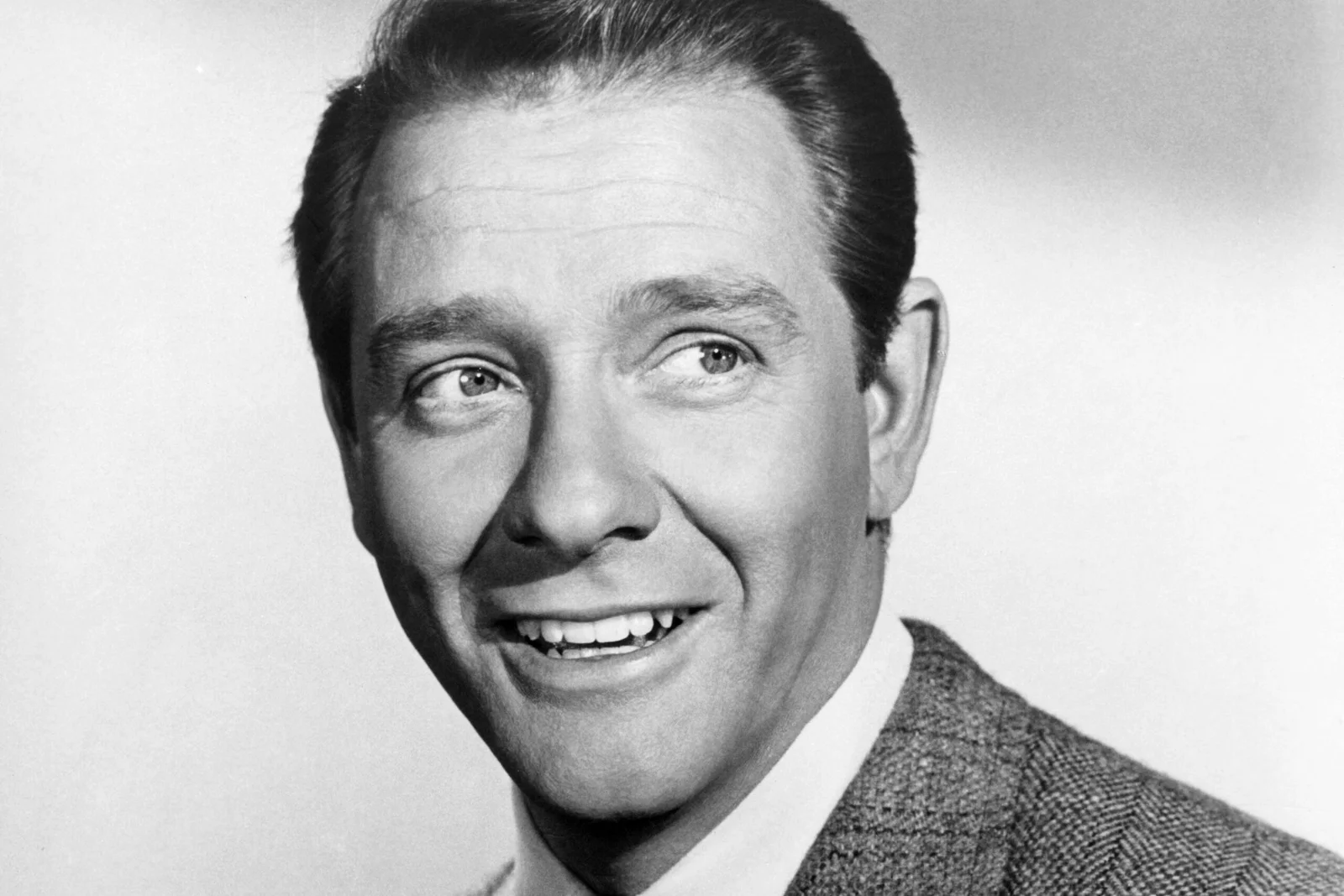
Richard Crenna emerged as one of television’s most dependable dramatic actors, shedding his earlier comedic persona to become a master of the serious made-for-TV movie. His ability to project both authority and vulnerability made him ideal for roles as fathers in crisis, professionals facing ethical dilemmas, or ordinary men thrust into extraordinary circumstances. Crenna brought a naturalistic acting style to his television work that made even the most melodramatic situations feel authentic and emotionally resonant.
What made Crenna particularly valuable to television producers was his skill at anchoring ensemble pieces while also being compelling enough to carry a movie as the sole lead. His performances in disaster movies, crime dramas, and family sagas demonstrated his versatility, while his willingness to take on controversial subjects showed his commitment to meaningful storytelling. Crenna’s consistent presence in quality television movies throughout both decades helped establish him as one of the medium’s most respected practitioners, and audiences came to associate his participation with projects that would be worth their time and emotional investment.
6. Patty Duke
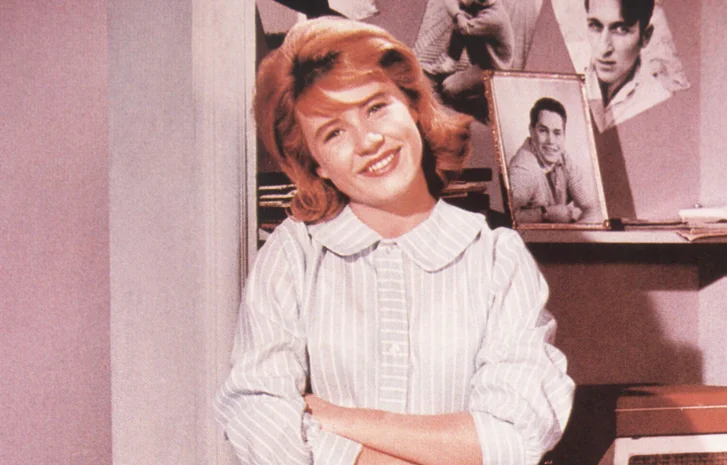
Patty Duke reinvented herself as a powerhouse dramatic actress in made-for-TV movies, using the medium to showcase a range and intensity that her earlier work had only suggested. Her willingness to tackle difficult subjects like mental illness, family dysfunction, and social issues made her a favorite of producers looking to create television that mattered beyond simple entertainment. Duke brought a raw emotional honesty to her television movie roles that could be both devastating and uplifting, often within the same performance.
Duke’s made-for-TV movie career seemed to parallel her own personal journey toward understanding and managing her mental health struggles, and she used her platform to bring awareness to issues that were rarely discussed openly on television. Her performances in films dealing with everything from domestic violence to historical dramas demonstrated her commitment to using her craft for meaningful purposes. By consistently choosing projects that challenged societal norms and encouraged important conversations, Duke helped establish made-for-TV movies as a forum for serious social commentary rather than just escapist entertainment.
7. James Garner
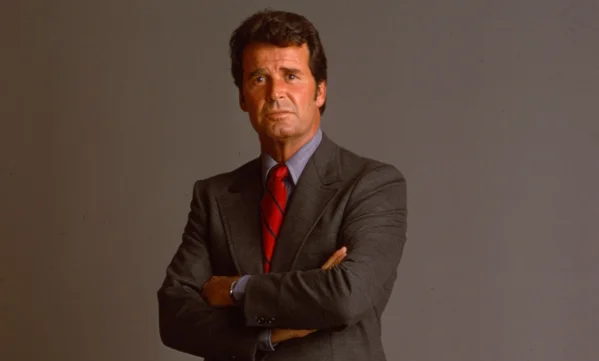
James Garner brought his trademark charm and wit to numerous made-for-TV movies, proving that the medium could attract major stars without requiring them to compromise their established personas. His natural screen presence and gift for making dialogue sound conversational rather than scripted made him perfect for television’s more intimate storytelling style. Garner had a particular talent for finding the humor in dramatic situations without undermining their emotional impact, making him invaluable for projects that needed to balance entertainment with more serious themes.
Whether he was playing a private investigator, a family man in crisis, or a charming rogue with a heart of gold, Garner brought the same professional excellence to his television movies that had made him a star in theatrical films and series television. His collaboration with various leading ladies in romantic dramas and his solo vehicles in crime and adventure stories demonstrated his versatility as a performer. Garner’s enthusiastic embrace of made-for-TV movies helped legitimize the medium for other major stars who might have previously considered such work beneath their station.
8. Donna Mills
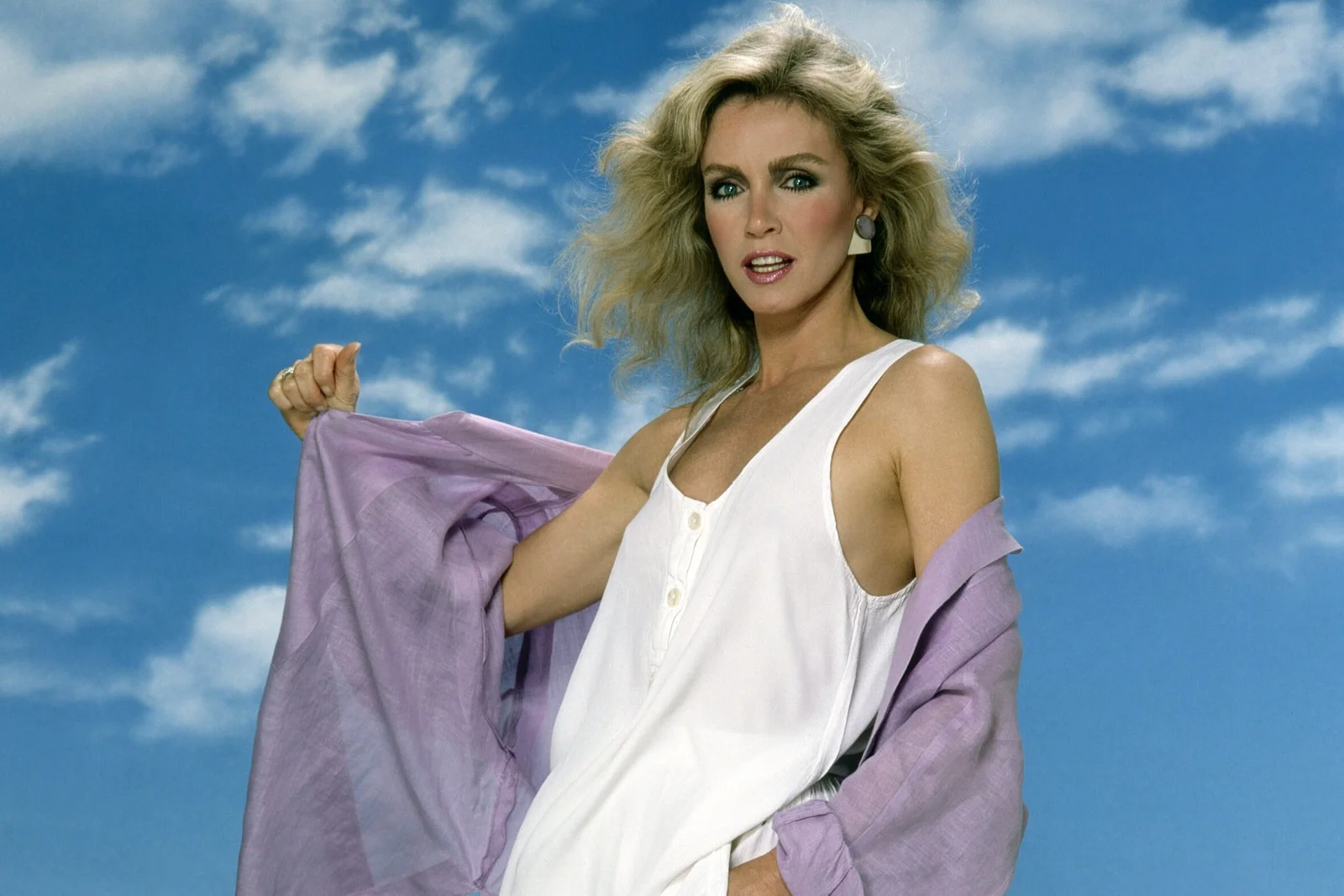
Donna Mills became television’s reigning queen of glamorous melodrama, specializing in roles that required her to look fabulous while navigating increasingly complicated plot twists. Her striking appearance and polished acting style made her perfect for upscale dramas about wealthy families, romantic triangles, and stories of female empowerment wrapped in glossy packaging. Mills had a gift for playing characters who appeared sophisticated and in control but harbored secret vulnerabilities that made them surprisingly relatable to audiences.
Throughout her prolific made-for-TV movie career, Mills demonstrated remarkable consistency in delivering exactly what viewers expected while occasionally surprising them with unexpected depth or complexity. Her ability to wear stunning costumes while delivering emotional scenes made her invaluable for projects that needed to satisfy both viewers looking for escapist glamour and those hungry for substantive drama. Mills’ dedication to television movies during their golden age helped establish the medium as a place where female stars could find meaty roles and maintain their careers long after their theatrical opportunities might have diminished.
9. Hal Holbrook
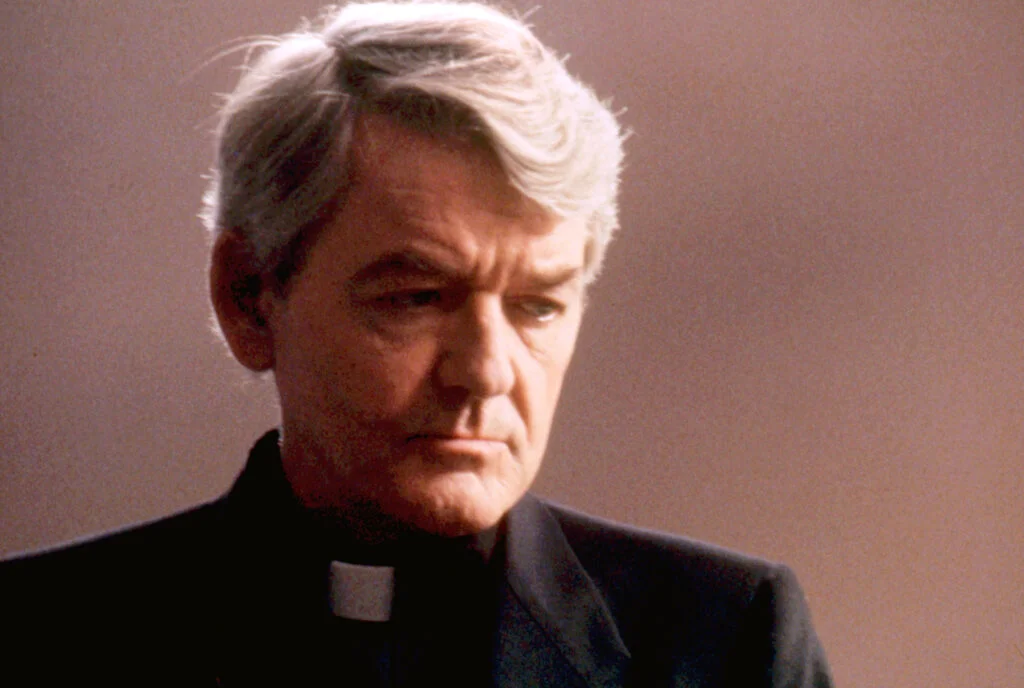
Hal Holbrook brought gravitas and intelligence to every made-for-TV movie he graced, elevating projects through sheer force of his dignified screen presence and impeccable acting craft. His ability to portray authority figures, intellectuals, and men of conscience made him invaluable for dramas that required a character audiences would instinctively trust and respect. Holbrook’s performances often served as the moral center of whatever story he was telling, providing stability and wisdom that helped ground even the most outlandish plots in recognizable human values.
Whether he was playing historical figures, contemporary professionals, or fathers dealing with family crises, Holbrook brought the same meticulous preparation and commitment that had made him famous for his Mark Twain portrayals. His television movie work demonstrated his range as an actor while reinforcing his reputation as one of America’s most respected performers. Holbrook’s consistent presence in quality television productions throughout the 1970s and 1980s helped establish made-for-TV movies as a legitimate outlet for serious dramatic acting rather than just a refuge for fading stars.
10. Suzanne Pleshette
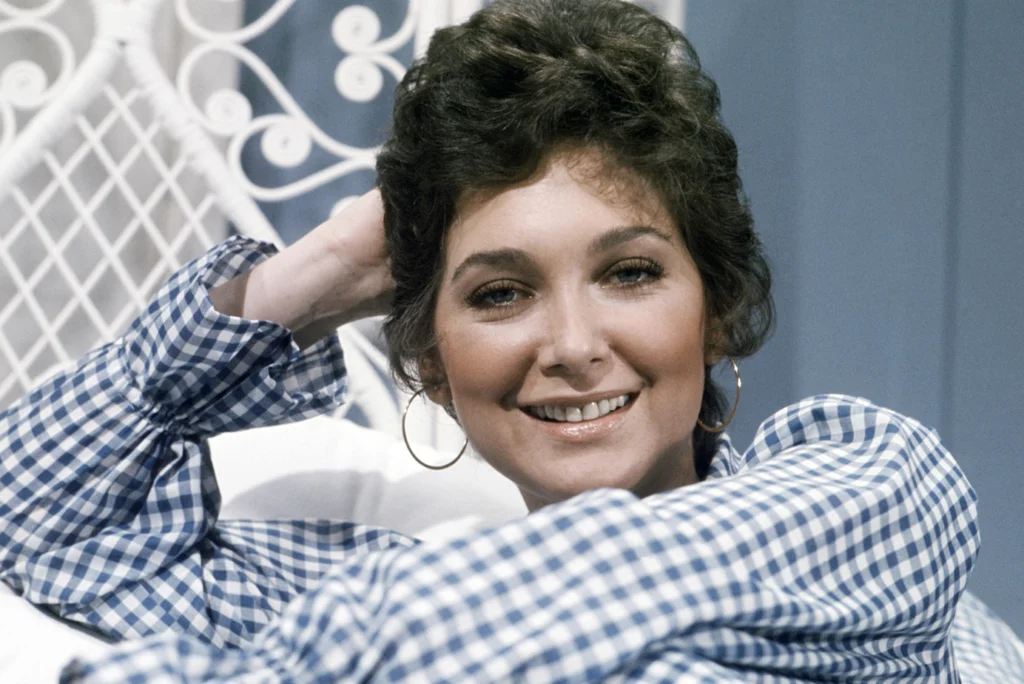
Suzanne Pleshette carved out a unique niche in made-for-TV movies with her distinctive voice, sharp wit, and ability to play strong women who refused to be victims of their circumstances. Her performances often featured characters who used intelligence and determination to overcome obstacles, making her a role model for female viewers who appreciated seeing women portrayed as capable and resourceful. Pleshette’s natural sophistication and emotional range made her perfect for stories that required both dramatic weight and moments of levity.
Throughout her television movie career, Pleshette demonstrated remarkable versatility, moving easily between contemporary dramas, period pieces, and even occasional thrillers with equal skill. Her chemistry with various leading men and her ability to anchor stories as the central character made her a valuable asset to producers looking for proven talent. Pleshette’s commitment to quality television entertainment helped establish made-for-TV movies as a medium where established stars could continue to find challenging and rewarding work while maintaining their connection with loyal audiences.
11. Lloyd Bridges
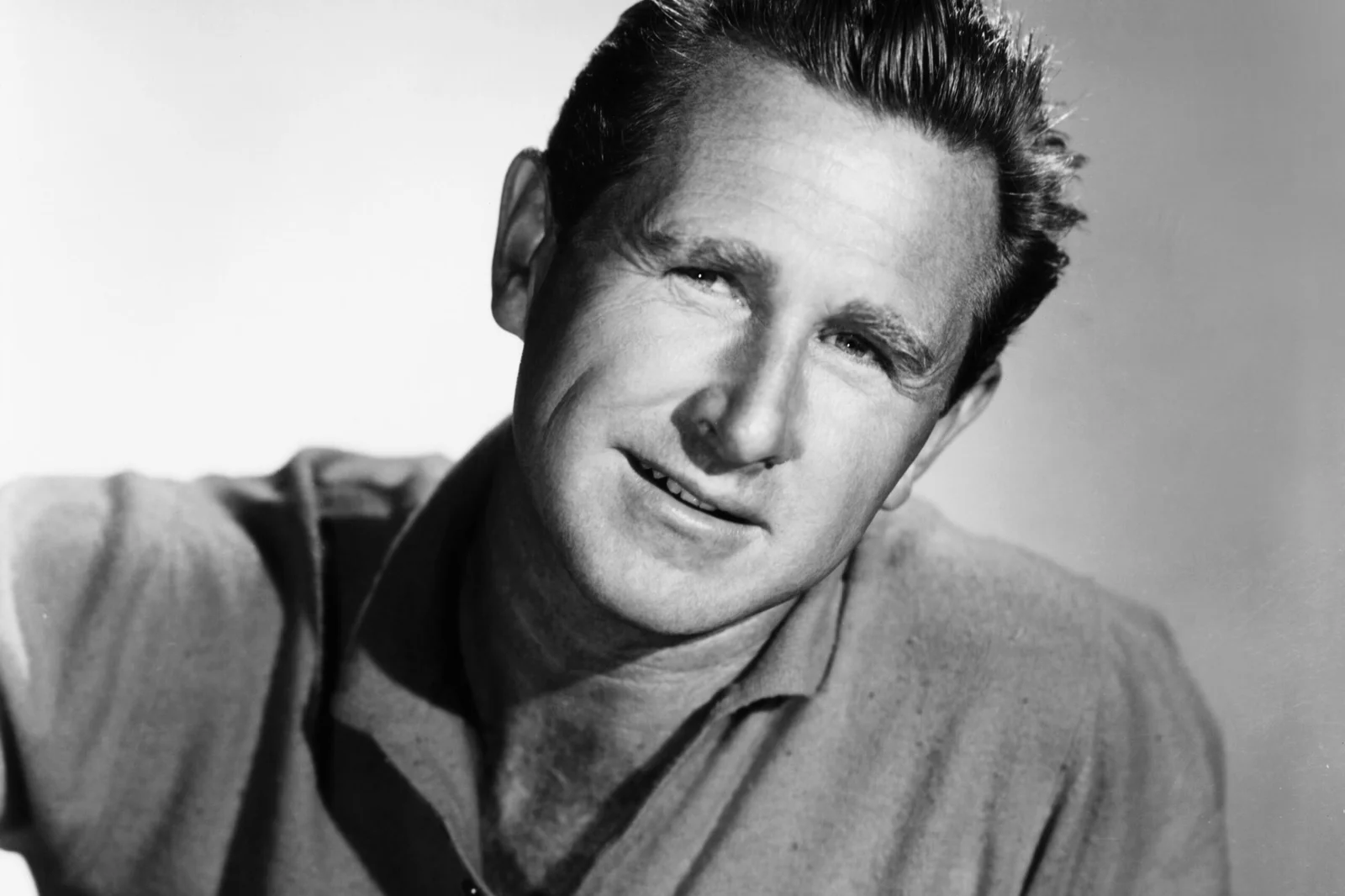
Lloyd Bridges became one of television’s most reliable character actors, bringing professionalism and understated strength to a remarkable variety of made-for-TV movie roles throughout both decades. His ability to play everything from military officers to business executives to concerned fathers made him invaluable to producers who needed an actor capable of providing solid support or carrying a story as the lead. Bridges brought a naturalistic acting style and quiet authority to his television work that made him particularly effective in ensemble pieces where multiple storylines needed to be balanced.
What set Bridges apart was his willingness to take on supporting roles in major productions as well as leading parts in smaller, more intimate stories, demonstrating a commitment to the craft rather than just star billing. His performances in disaster movies, family dramas, and crime stories showcased his range while his consistent professionalism made him a favorite of directors and producers. Bridges’ extensive television movie work helped establish the medium as a place where seasoned actors could find meaningful roles and continue to grow as performers well into their later careers.
12. Kate Jackson
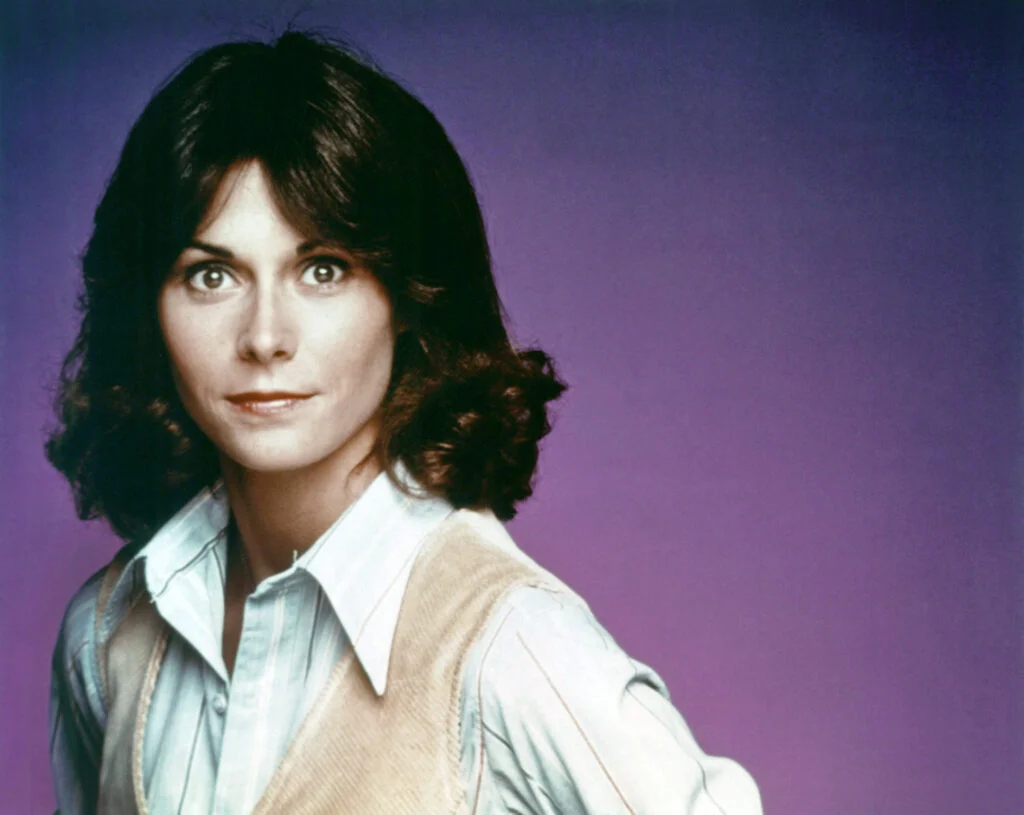
Kate Jackson emerged from “Charlie’s Angels” to become one of television’s most sought-after dramatic actresses, using made-for-TV movies to showcase depths that her series work had barely touched. Her intelligence and natural screen presence made her perfect for roles as professional women, mothers in crisis, or strong individuals facing extraordinary challenges. Jackson brought a contemporary sensibility to her television movie roles that resonated with audiences looking for characters who reflected the changing roles of women in American society.
Jackson’s made-for-TV movie career demonstrated her commitment to meaningful storytelling, as she consistently chose projects that dealt with important social issues while still providing compelling entertainment. Her ability to convey both strength and vulnerability made her particularly effective in stories about women overcoming adversity or fighting for justice. Jackson’s successful transition from series television to television movies helped establish the medium as a legitimate next step for stars looking to expand their range and take on more challenging material while maintaining their connection with television audiences.
The golden age of made-for-TV movies represented a unique moment in American entertainment history, when original stories designed specifically for television could command the same attention and respect as theatrical releases. These twelve actors understood the special demands of the medium, bringing the kind of committed performances that made even the most modest productions feel important and worthwhile. Their willingness to embrace television moviemaking helped establish it as a legitimate art form rather than just a way to fill airtime between series episodes. Looking back at this remarkable era, we can appreciate how these performers helped create a body of work that captured the concerns, dreams, and values of their time while providing the kind of reliable entertainment that brought families together around the television set. They proved that great acting and compelling storytelling didn’t require big budgets or theatrical distribution, just talented people committed to giving their best effort regardless of the medium. Their legacy reminds us of a time when television was willing to take risks on original stories and when audiences were eager to discover new tales told by familiar faces they had grown to trust.


